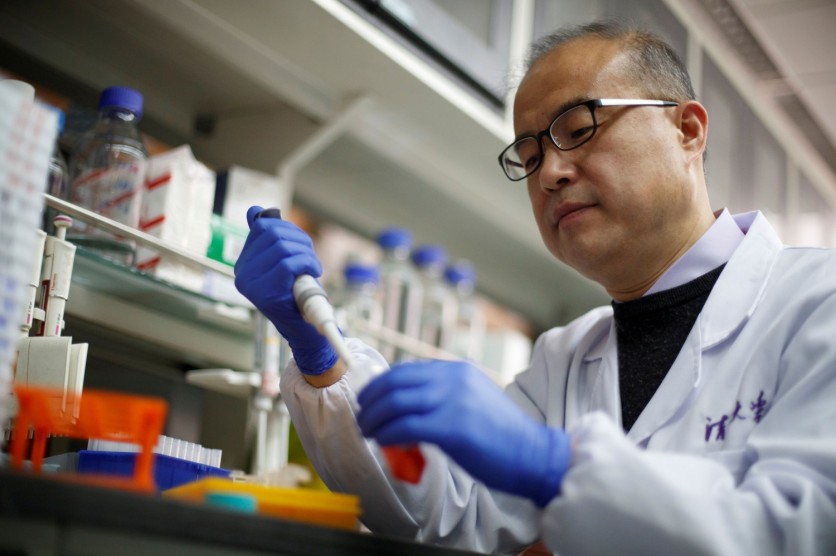
Various researchers in the United States claimed they had developed promising new COVID-19 vaccine candidates.
Early animal trials have shown promise so far, but human trials are still in the stages of the making plan. The researchers already had a massive leg up from beyond epidemics.
ALSO READ : [CORONAVIRUS CURE FOUND] Coronavirus Vaccine Begins Testing Soon! Could This be The End to The Pandemic?
SARS-CoV-2 vaccine
University of Pittsburgh School of Medicine scientists said a potential vaccine against SARS-CoV-2 could neutralize the COVID-19 pandemic.
In a statement, the researchers claimed they had previous experience in handling SARS-CoV in 2003 and MERS-CoV in 2014.
Andrea Gambotto, co-senior author of the peer-reviewed paper published in the journal EBioMedicine, and associate professor of surgery at the Pittsburgh School of Medicine, explained these viruses that are closely related to SARS-CoV-2.
These two viruses, which are closely related to SARS-CoV-2, "taught" the researchers that the spike protein is important for inducing immunity against the virus.
The vaccine dubbed "PittCoVacc" (Pittsburgh Coronavirus Vaccine), according to researchers, works the same way as a flu shot. Injecting lab-made pieces of viral protein into the body would help build immunity, they explained.
When examined in mice, the researchers discovered that the wide variety of antibodies able to neutralize the deadly SARS-CoV-2 virus surged weeks after delivery.
"We evolved this to build on the original scratch technique used to deliver the smallpox vaccine to the skin, but as a high-tech version this is more efficient and reproducible affected person to patient," stated co-senior writer Louis Falo, professor and chair of dermatology at Pitt's School of Medicine, in the statement.
Before beginning human trials, the researchers are currently awaiting drug approval from the U.S. Food and Drug Administration.
ALSO READ : Coronavirus Vaccine Has Possibly Been Hidden Around for 100 Years; We Just Don't Know it Yet
Falo said human tests would typically require at least a year or longer. "This particular situation is different from anything we've ever seen, so we don't know how long the clinical development process will take," he added.
MERS-CoV vaccine
Researchers at the University of Iowa and the University of Georgia have developed a vaccine that protects mice from a lethal dose of MERS, a near cousin of the SARS-CoV2 coronavirus that causes COVID-19.
According to the research posted on April 7 in the mBio journal, the vaccine used a harmless virus to generate an immune response from a MERS coronavirus protein -- which also showed promising effects for growing vaccines in fighting other coronaviruses diseases -- including of COVID-19.
The team led through Paul McCray, MD, on the UI Carver College of Medicine, and Biao He, Ph.D., on the University of Georgia College of Veterinary Medicine, examined a MERS vaccine candidate in mice engineered to be at risk of the MERS coronavirus.
The vaccine is a risk-free parainfluenza virus (PIV5) carrying the "spike" protein that MERS makes use of to contaminate cells. All the vaccinated mice survived the MERS coronavirus.
Researchers claimed PIV5 might be a useful vaccine platform for emerging coronavirus diseases, including SARS-CoV-2, the virus causing the ongoing COVID-19 pandemic.
"We are planning more studies in animals to test the ability of PIV5-based vaccines in preventing disease caused by SARS-CoV-2," said McCray, UI professor of pediatrics.
ⓒ 2025 TECHTIMES.com All rights reserved. Do not reproduce without permission.




